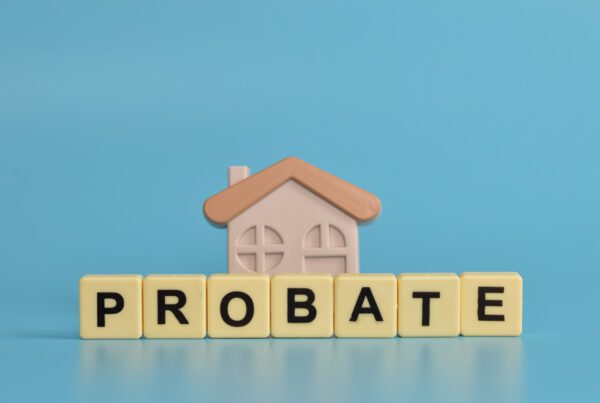An executor generally offers the will for probate, works to protect the assets of the estate, distributes property to the beneficiaries listed in the will, and pays any debts and taxes that are levied against the estate.
In the broadest terms, the duty of an executor is to collect all of the assets due to the estate, rank and pay off all debts and expenses due from the estate, remove exempt property and allowances for the beneficiaries, and then distribute the assets of the estate to the beneficiaries listed in the will.
What is the difference between an Executor and an Executrix?
- Executor = Male
- Executrix = Female
Can someone listed in the will be an executor?
- Yes. You can be listed in the will as a beneficiary and also be an executor.
Can someone be an executor if they are not related to the testator?
- Yes. You can also serve as an executor if you are listed in the will and are unrelated to the person that died.
Does an executor have a fiduciary duty to the beneficiaries?
- Yes. An executor is a fiduciary for the people listed in the will (beneficiaries) and individuals interested in the estate. In Texas, an executor is held to the same fiduciary duty legal standard as a Trustee. See Humane Society
Generally, an executor’s duties include the following, which come from a trustee’s duty:
- Duty of Loyalty – administer the estate solely in the interest of the beneficiaries.
- Duty Not to Delegate – the executor must personally administer the estate and not delegate to others that the fiduciary (executor) should personally perform.
- Duty to Keep and Render Accounts – keep full accounts that are accurate and concise.
- Duty to Furnish Information – give complete and accurate information regarding the estate to the beneficiaries at reasonable times.
- Duty to Exercise Reasonable Care and Skill – exercise the same care and skill as an ordinary prudent person would use in dealing with their own property.
- Duty to take and Retain Control of Trust Property – take all reasonable steps to obtain and control estate property.
- Duty to Preserve Estate Property – use the same care and skill that a person of ordinary prudence would use to preserve estate property.
- Duty to Enforce Claims – take reasonable actions to collect claims that are due to the estate.
- Duty to Defend – do what is reasonable, under the circumstances, to defend actions by third parties against the estate.
- Duty Not to Co-Mingle Estate Funds – keep estate property separate from other property and label it as estate property, separate from personal property or other property.
- Duty with Respect to Bank Deposits – use reasonable care in choosing a bank and when making deposits on behalf of the estate, making sure to label such deposits as “estate deposits.”
- Duty with Respect to Investments – while the executor does not have to manage investments directly, if there are assets that require active management, then the executor will should make sure that investments are management in a prudent manner.
- Duty to Deal Impartially with Beneficiaries – deal impartially with all beneficiaries.
- Duty with Respect to Co-Fiduciaries – all executors participate in estate administration unless the will provides otherwise.
If you or someone you know is listed as an Executor or Executrix in a Will and want to learn more about your role as an executor, contact us at the Oxner Legha Law Firm by calling 346-327-9500.





